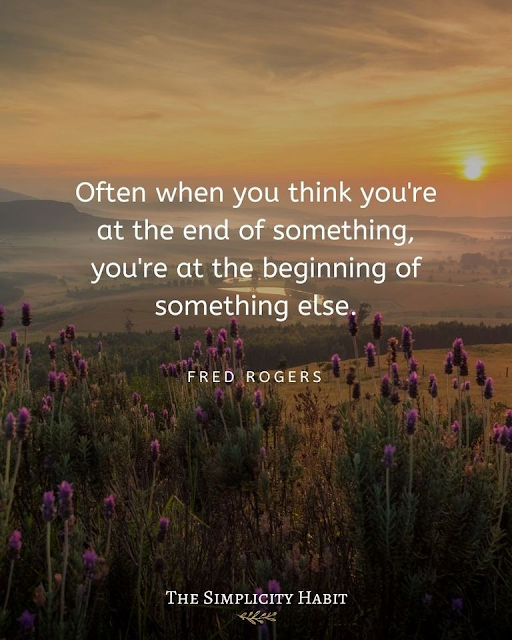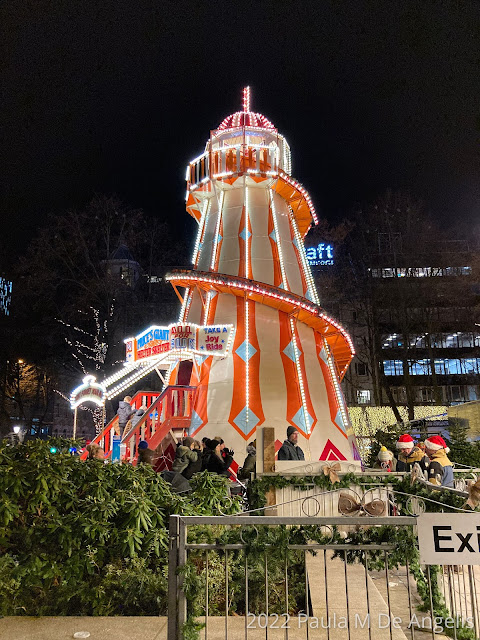I wrote this poem in 1988, three years after my father died, and published it in my first-ever collection of poems--Parables and Voices. I've decided to share some of my early poetry with you, as an introduction to my poetry writing. I've been writing for years, ever since I was fourteen years old. Poetry is a wonderful way to express one's feelings, and oftentimes one ends up with a poem that one could never have predicted from the outset. Train from Michigan is one of those poems.
Train from Michigan
I dreamed then of my father, I was
On the train; outside a yellow moon
Full-light circle against the blue-black sky.
His face came into memory
As I drifted in the sleep of transit,
That is uneasy and unsettled.
We crossed, from Michigan into Ohio,
The train's whistle blowing lonely
As though miles ahead of us--
Yet ever with us through the night.
I thought the thoughts of transit--
My father, dead these three years,
Perhaps traveled this same train
Bound from Michigan to New York.
He knew people in the north of Michigan,
Farmers and ultimately life-long friends.
I see his face, with me always.
My head rests lightly against the train window--
When I awake it is because my head has banged
And fallen against the window, jarring me.
I visit friends, they live in Michigan now
Having moved there from New York; hence my trip's purpose.
I meet new people on the way to visit old friends,
And think about old friendships as I make my way home.
New people I am always letting in; they find me or
We find each other--one in particular spoke of kindred spirits
On our way out to Michigan; his words surprised me.
Do they, these spirits, find each other?
Are we all in search of one?
About trains, I know they draw me so,
Luring me with the call to adventure,
Like a call to arms.
I boarded one, bound for Michigan,
And then one back, to New York.
Time spread out over hours of track--
Moving me, my life, along,
From one point to another.
Spreading me out, thin, fluid,
Over time which is suddenly the merger
Of past, present, future.
Like liquid spreading I see my life
Moving over these tracks, out and beyond,
Expanding to assimilate Michigan
As I have before incorporated other states
And other countries, American and European.
A fear that I can never belong to someone--
How could one keep me from flooding
Past the walls and out into the open spaces?
It is an abstract love of world I feel,
A pull to know what is unknown, but knowable.
To care for it, about it, accept it for itself,
The planet, the globe, its rivers and its land,
The farms and their greenness in the summer--
The land you pass through while travelling on a train.
Small towns and the people in them, suburbs and large cities,
Unknown, but knowable.
I look out, I know this river--
I grew up along it, knowing it stretched
For miles, out of my reach--I see it now
In places I never knew before
And feel the vastness of its beauty.
Back in New York, I grew up here,
But I have grown beyond it.
Copyright Paula Mary De Angelis, from Parables and Voices, published in 2011 and available on Amazon: Parables and Voices: A Collection of Poems 1973-2009: De Angelis, Paula Mary: 9781452838762: Amazon.com: Books
























